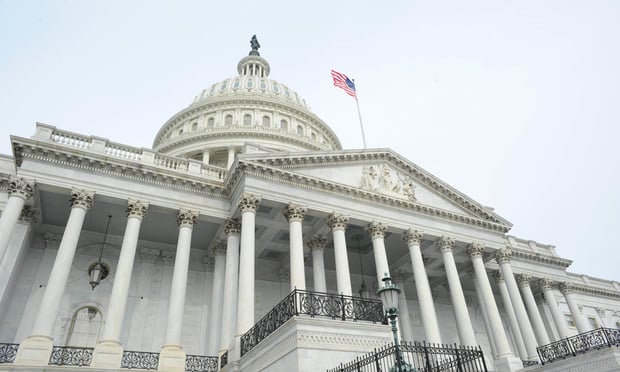Despite repeated assertions that a debit card interchange cap would not really hurt credit unions, CUs have begun to outline the cap's impact for the Federal Reserve.
Illinois Democratic Senator Richard Durbin has written credit union trade associations in his state that the amendment that bears his name and authorizes the cap would not harm credit union's of under $10 billion in assets which are supposed to be exempt from its provisions.
But in comments to the Federal Reserve about its proposed regulations which would implement the cap, credit unions of fewer than $10 billion in assets have detailed the ways the cap would hurt their bottom lines.
"We have estimated that we stand to lose $402,000 a year in interchange income from our members' debit card transactions if this Durbin bill is not amended," wrote Eileen Rivera, CEO of SkyOne Credit Union. "Our net income was only $84,000 in 2010. We will find ourselves in a position of significant negative earnings if we don't reverse this piece of the bill."
Like others from the 26 credit unions that had written the Fed individual letters as of Jan. 20, Rivera pointed out that the existing cap did not come close to recognizing the overall costs of running a debit card program, including particularly the cost of fraud that card issuers bear on their own.
"One of the major costs associated with debit cards is fraud," wrote Tabitha McDonner, a vice president with Southwest Airlines FCU. " Financial Institutions bear the cost of fraud that occurs with debit card usage. Merchants are currently liable for only a small portion of fraud that occurs - mostly online/mail/phone purchases and have zero liability otherwise. Financial Institutions use the interchange income to protect consumers from incurring fraud losses. That cost factor was not considered in the current proposal," she added.
© 2025 ALM Global, LLC, All Rights Reserved. Request academic re-use from www.copyright.com. All other uses, submit a request to [email protected]. For more information visit Asset & Logo Licensing.







